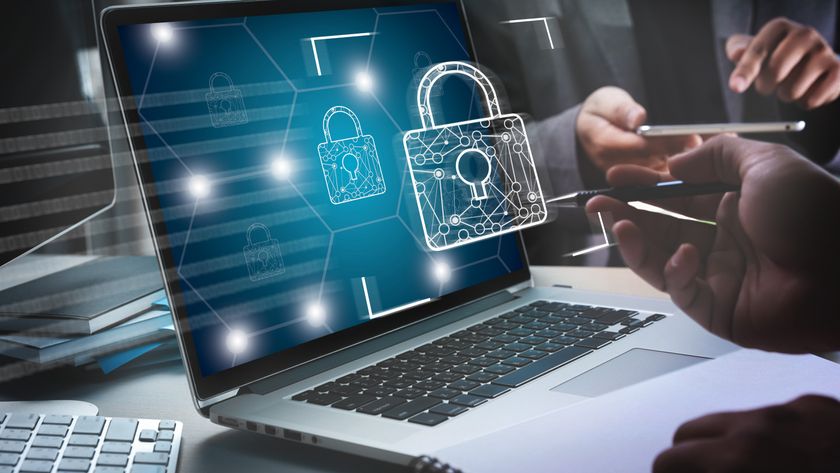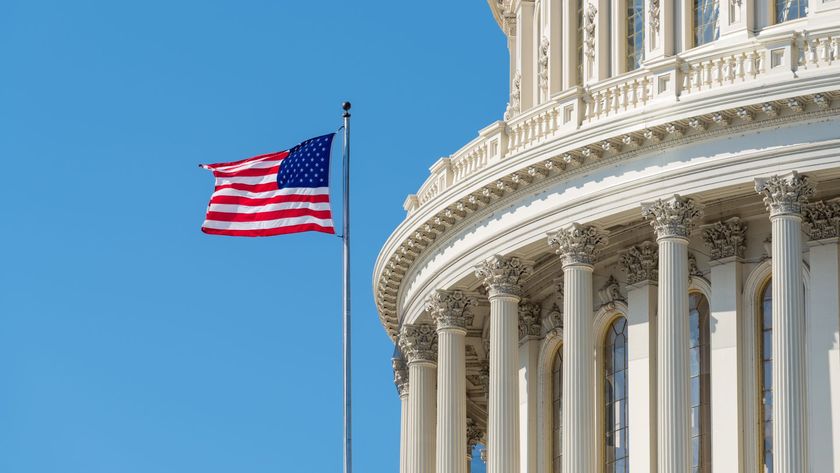Three important security features arriving with Windows 10
Microsoft is further tightening security with its next OS
2. Separation of corporate and personal data
We've seen this trend already on smartphones like the BlackBerry Bold and the Samsung Galaxy S5 where corporate data is locked down and encrypted in a separate portal from all personal apps and data. King says this will be a feature in Windows 10 and will occur "on the fly" without the end-user even knowing (or understanding) what is happening.
"All apps, data, email, website content, etc. defined as 'corporate' will be automatically encrypted without user intervention. Windows Phone will support the same technology so that protected documents can be accessed via the phone," says King.
3. Trusted apps
Ask any IT pro about a typical cause for headaches when it comes to end-user computers and you'll likely get an earful about unauthorised end-user apps. Employees sometimes browse to unknown sites and see a prompt to install an application that looks helpful, or purposefully try to install their own app that's not approved for enterprise use. Then the problems start.
Fortunately, Microsoft is taking action on this security issue as well. Trusted apps will be those that are approved by IT to run and must be authenticated first. "Microsoft also hopes to make it easier for users to stay free of malware with Windows 10 by providing the ability to lock down devices, allowing only trusted applications to be installed and executed," King says. "These trusted applications must be signed by a Microsoft authorised signing service and organisations will have total flexibility to decide which applications they deem trustworthy."
Derek Tumulak, the vice president of product management at Vormetric, notes that the operating system is making a reach beyond OS functions, logins/authentication, and user access control into a fuller security infrastructure platform that addresses the reason security threats arise in large companies.
"Extending the capabilities to 'lock down' the software set used on PCs and mobile devices by prohibiting installations of software that aren't specifically authorised is something that would really have helped prevent the many recent retail POS breaches on those dedicated machines," Tumulak says, referring to recent data breaches at companies like Target.
More in the pipeline
In the end, adding these improvements should help admins – and executives – at large companies who need to manage a complex IT infrastructure and maintain security. "These are all features that should help businesses attain better security by gaining greater control over the company endpoints used by employees," King observes. "With the escalation of cyber-criminal activities against corporations, businesses need to be more proactive in the ways they protect themselves. These initial Windows 10 security options should help them do just that but I expect we'll see additional features as Windows 10 continues to evolve."
Are you a pro? Subscribe to our newsletter
Sign up to the TechRadar Pro newsletter to get all the top news, opinion, features and guidance your business needs to succeed!
Of course, only time will tell if the new OS, set to debut next year, lives up to these claims of enhanced security, and if data breaches start occurring less frequently for end-users.
John Brandon has covered gadgets and cars for the past 12 years having published over 12,000 articles and tested nearly 8,000 products. He's nothing if not prolific. Before starting his writing career, he led an Information Design practice at a large consumer electronics retailer in the US. His hobbies include deep sea exploration, complaining about the weather, and engineering a vast multiverse conspiracy.
Most Popular






